Vice-rector Ramos announces that the University of Barcelona’s commitment to the Ukrainian people and government has moved to a more institutional level, and agreements are being signed with universities in the country.
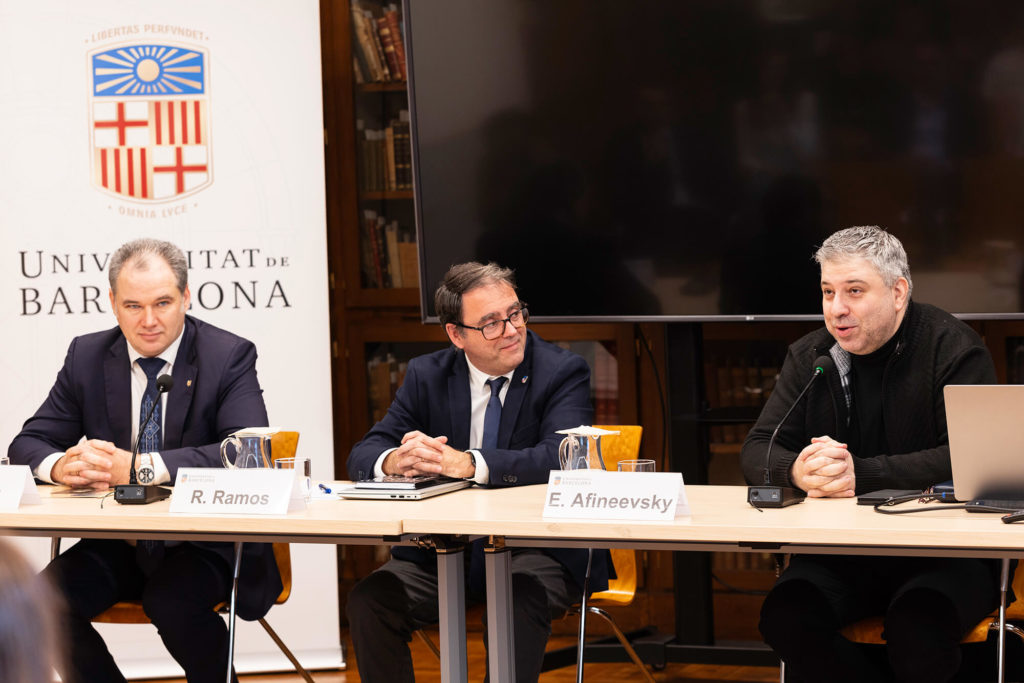
“When the media doesn’t cover a war, people think it’s over”. With these words, the filmmaker Evgeny Afineevsky has explained the reason for his documentary, Freedom on Fire, which was screened this Thursday, March 7, in the Ramón y Cajal classroom of the Historical Building of the University of Barcelona, in a event organized by the UB with the collaboration of the Ukrainian Consulate in Barcelona.
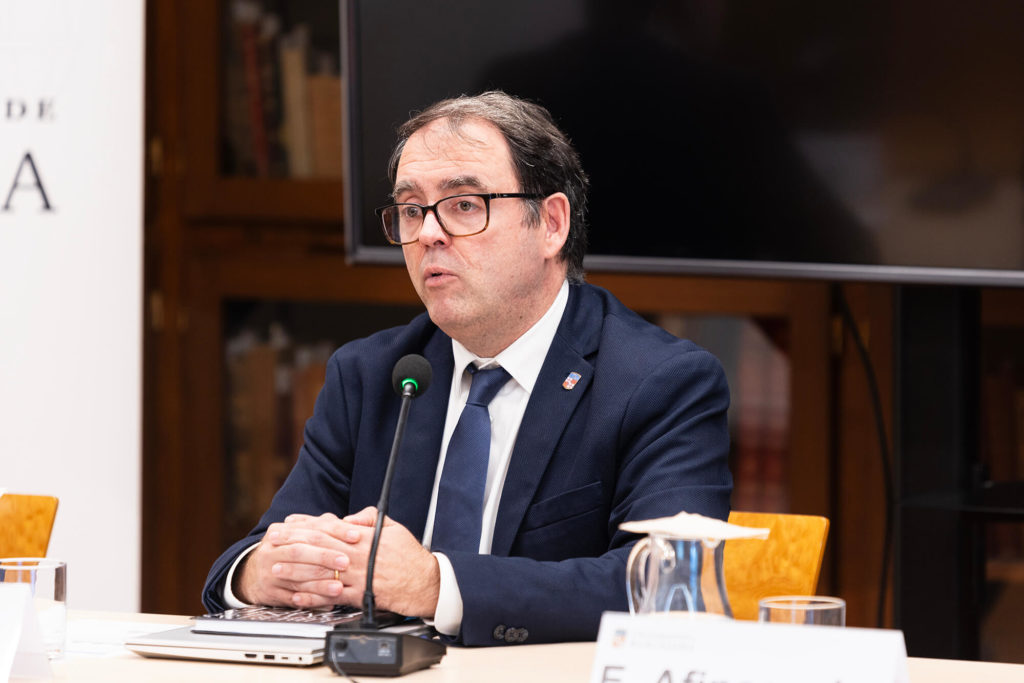
“This act represents the commitment of the University of Barcelona to the people and government of Ukraine after two years of war“, highlighted the vice-rector for Internationalization Policy, Raúl Ramos. “In addition to supporting Ukrainian students and academics so that they can continue their careers, we have moved our commitment to a more institutional level, and we are signing agreements with several Ukrainian universities”, the vice-rector announced.
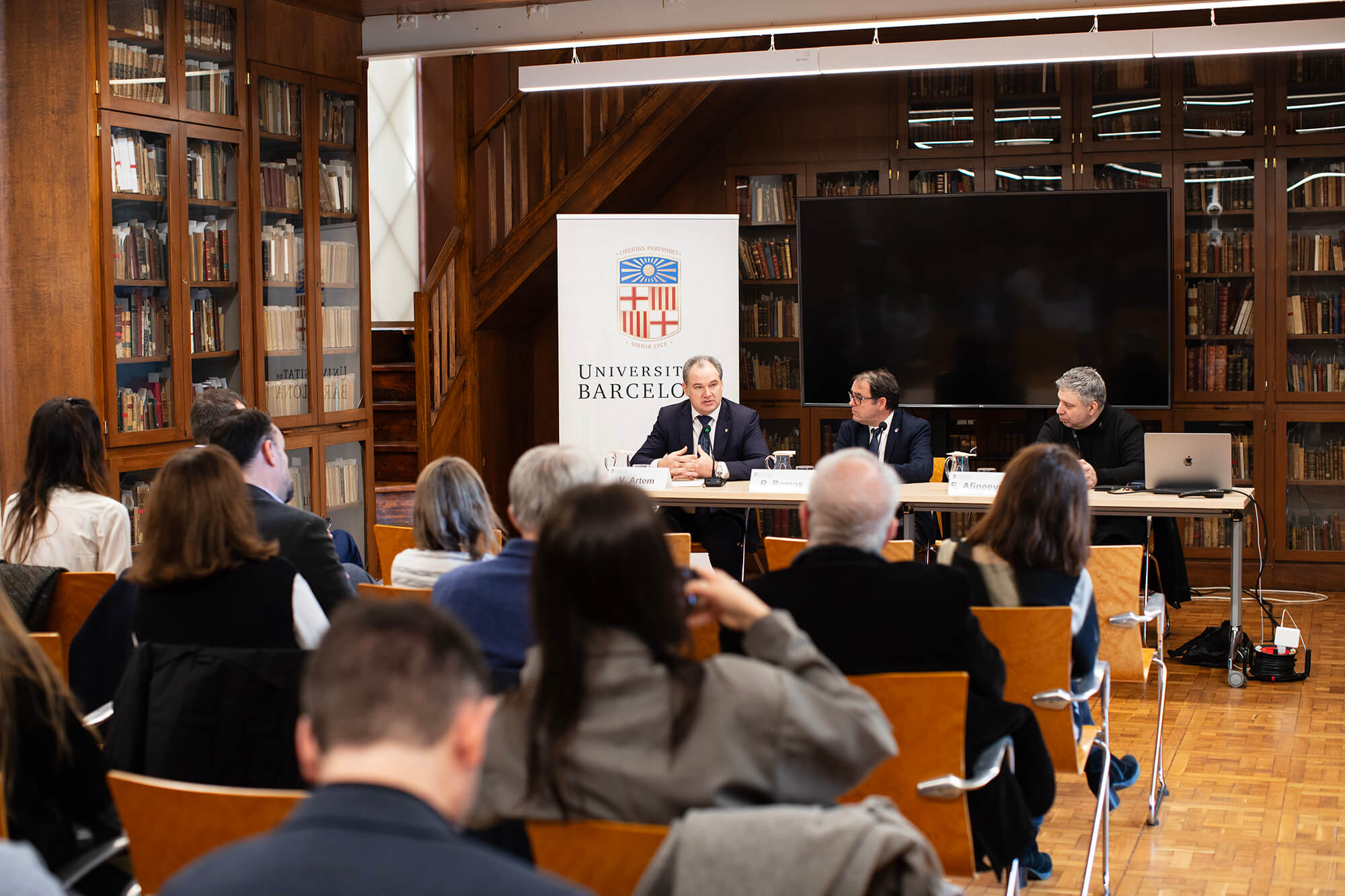
For his part, the Consul General of Ukraine in Barcelona, Vorobyov Artem, urged the audience to “see the film from two perspectives: the suffering but also the resilience of the Ukrainian population inside and outside the country”. “We do not get tired of fighting and we ask the world not to get tired of helping us”, Artem claimed.
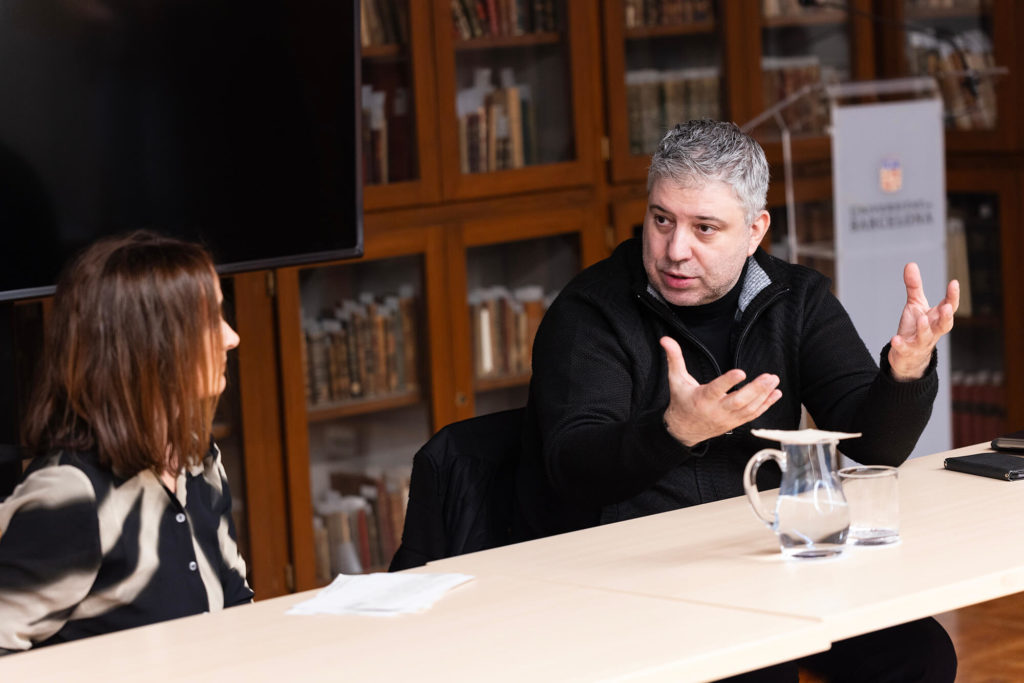
In the dialogue after the screening of the documentary, director Evgeny Afineevsky stated that “the real war in Ukraine began in February 2014, with the Maidan Revolution” and said that, “if the current sanctions had been applied in 2014 or 2015, perhaps we would not be at this point”, which he has defined as “the beginning of the Third World War”.
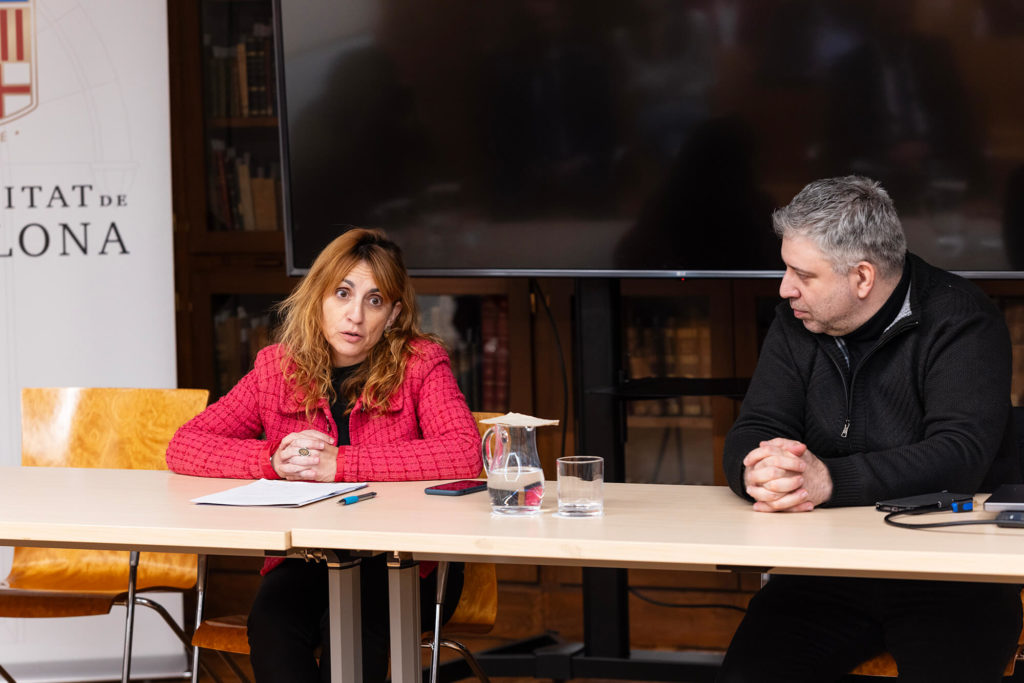
Afineevsky has stressed that “the film wants to show both the eight hidden years of the war in Ukraine and the last two, to document and preserve History”. For the Israeli-American filmmaker, “it is important not to repeat the same mistakes over and over again” and, therefore, “we must educate people so that we can act correctly and prevent the war from heating up”. “The next escalation could be the end of the world”, he warned.
At the closing of the event, the vice-rector for Equality and Gender, Montserrat Puig, said that “it is necessary to show the real situations of war, without makeup, because it allows us to put a face to the conflict and contributes to empathizing with those who suffer”. For Puig, “the experiences in the documentary illustrate the spirit of Ukraine” and “the University of Barcelona is proud to support Ukrainian refugees”.
This news is related to the following SDG of 2030 Agenda:






